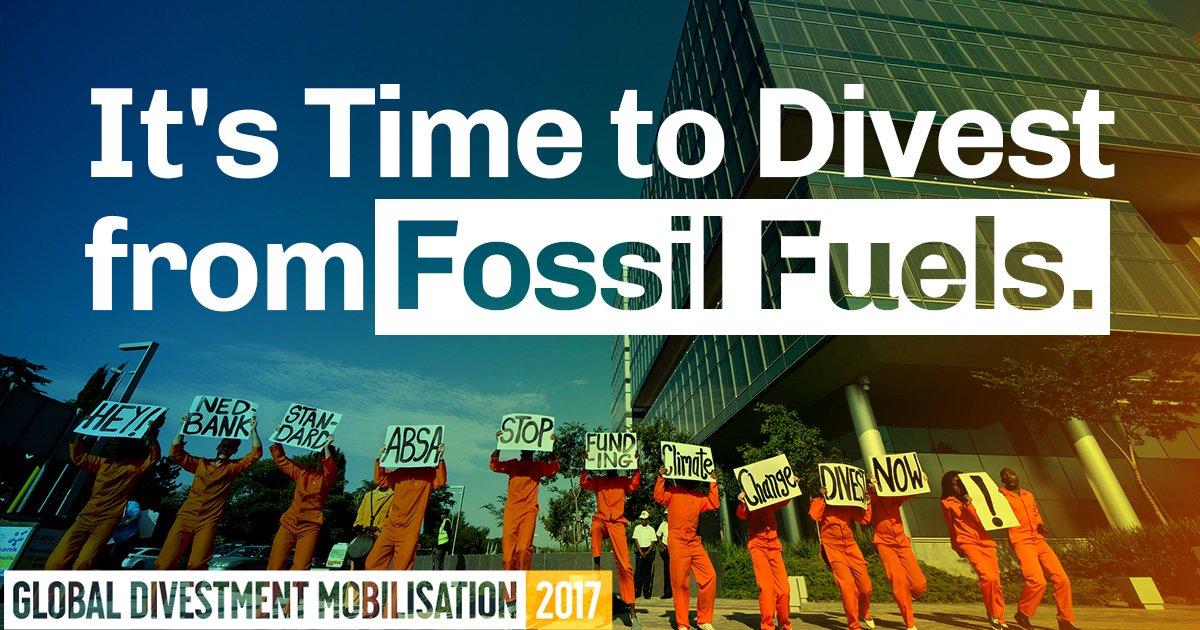President Zuma’s cabinet bloodbath has made visible corruptions threat to South Africa’s democracy and energy future. The developing impacts of the cabinet reshuffle have resulted in public angst and awoken widespread resistance against controversial leadership pushing social, political and economic agendas with unpredictable consequences.
These developments have a knock on effect on the country’s energy investments. Changes in Treasury, Public Works and Energy department leadership will likely see seamless coordination of the controversial nuclear energy plan. The nuclear energy programme has been touted as the key to scaling up the country’s transition to a low carbon economy but holds untold financial and local environmental consequences.
A 2016 report by the CSIR presents several baseload energy options that don’t lock South Africa into an expensive and harmful energy future. The alternative models as illustrated in the report are least cost scenarios of how we can achieve an electricity system that is dominated by renewable energy sources such as solar and wind. Government’s proposals for nuclear and more coal promotes vested interests and dirty deals that undermine South Africa’s capacity to expand and diversify its energy supply.
All over the world controversial energy plans are meeting fierce resistance and South Africa is no exception. With mobilizations calling on Eskom and government to embrace renewables, this May the Global Divestment Mobilisation(GDM 17) presents an invigorated urgency to movement partners, and an urgent challenge to institutions that serve the public good to step into their leadership by ditching controversial energy investments and shifting the flow of capital in solutions that benefit people and the planet.

There is a strong moral case for divestment and shunning unethical investments. This powerful tactic is taking root in South Africa. The Desmond and Leah Tutu Foundation and the Anglican Church of Southern Africa are leading the moral call to sell all energy stocks, bonds and investments that are putting vulnerable communities at risk.
Divestment was instrumental in sanctions against the apartheid government and saw foreign stocks, bonds and investments parting from their financial links to apartheid South Africa. It is more than a moral call towards ethical solutions, it is also a human rights issue that calls for socially just approaches to be a part of our development narrative. By divesting, we can loosen the grip of corruption and patronage on our political system and create space for real action on climate change.
